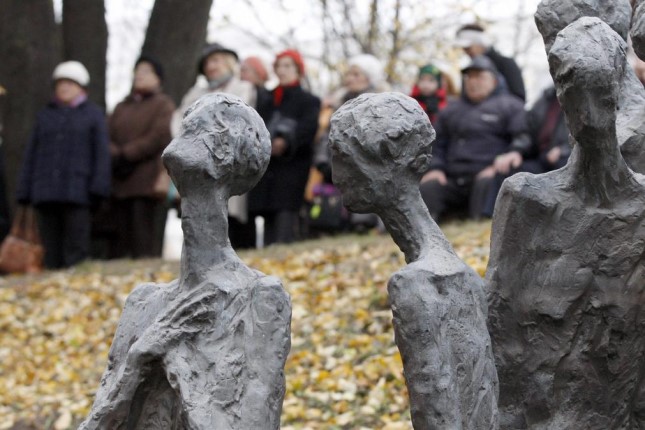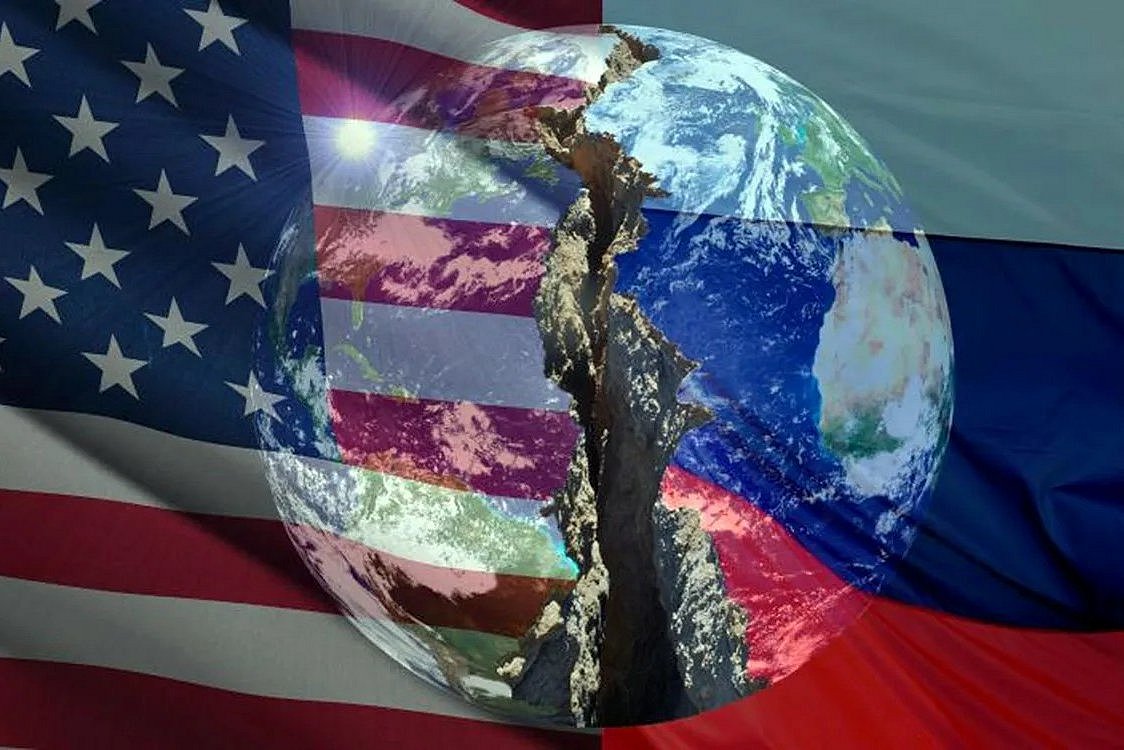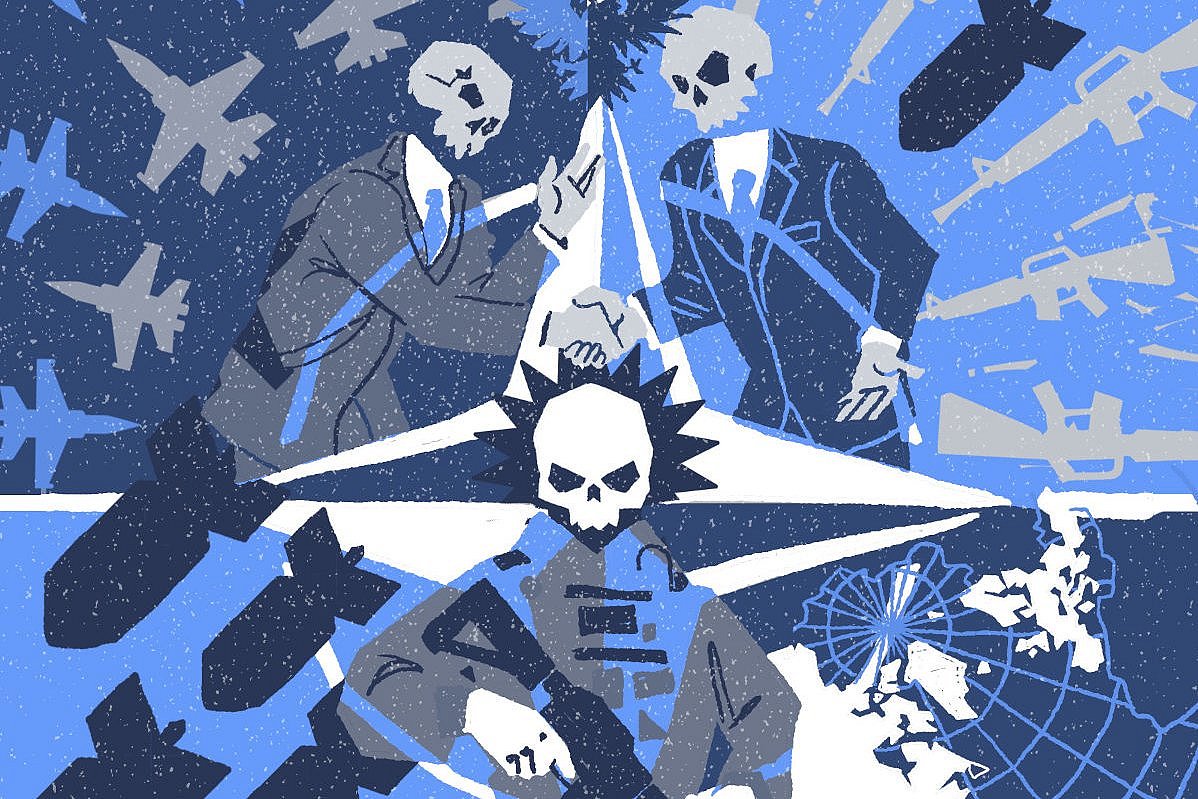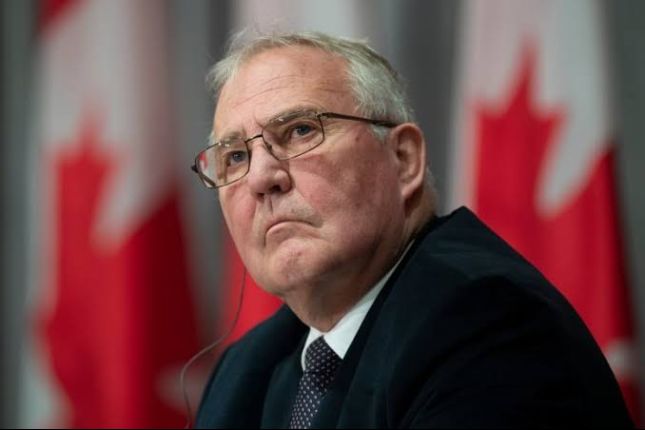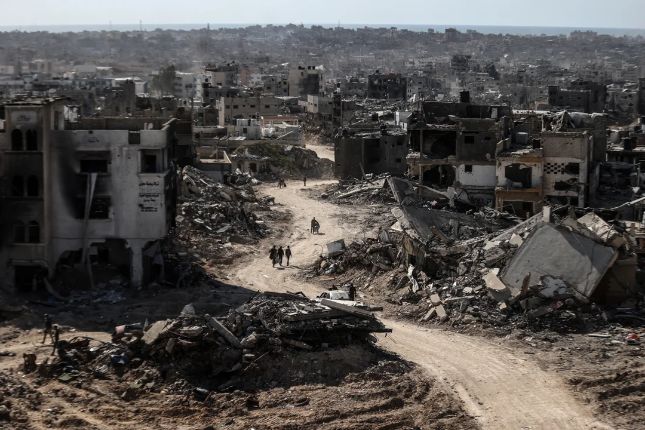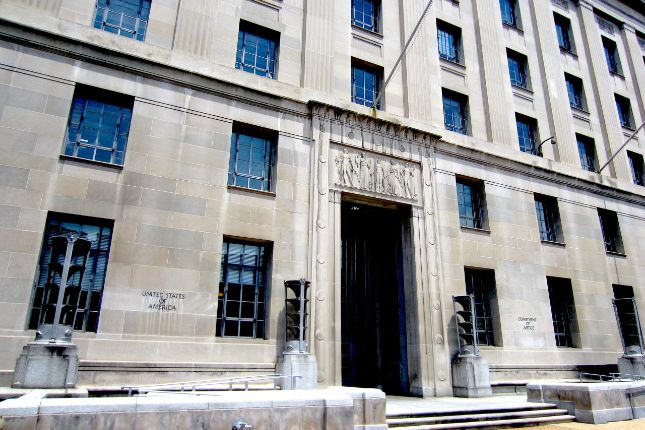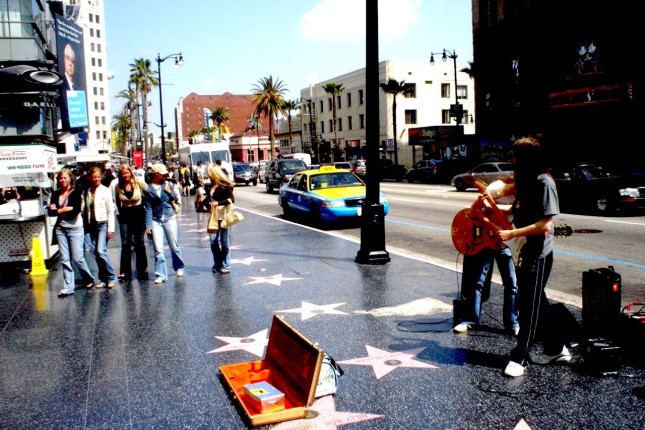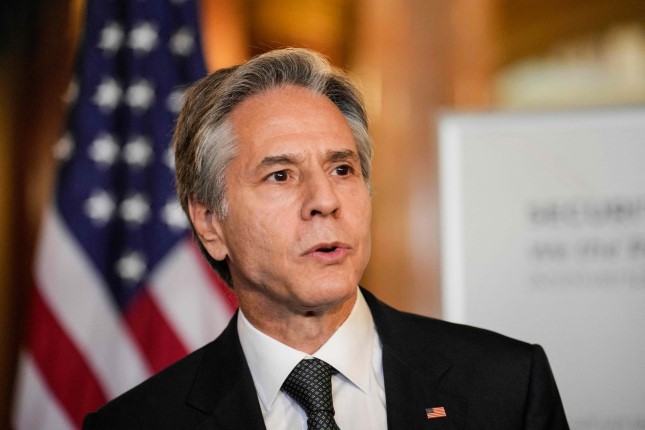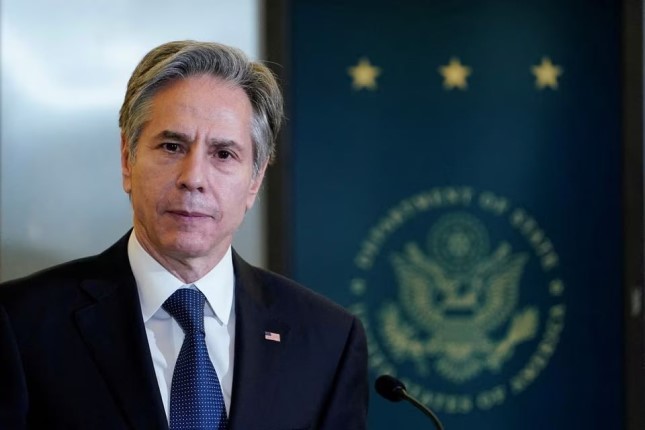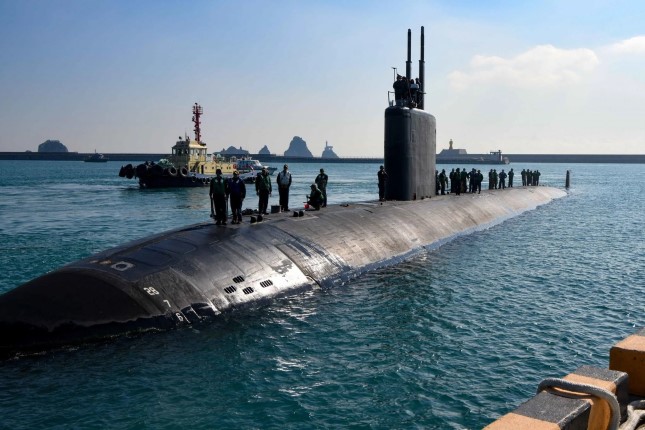Another scandal about the Holocaust has broken out in Poland. The Polish state body responsible for legal regulation of television broadcasting, initiated proceedings against the private television company TVN, the owner of TVN24. The reason was the statement of Holocaust researcher Barbara Engelking: she stated on the air of TVN24 that Poles did not help Jews enough during the Second World War. No, the researcher did not accuse the Poles publicly of complicity in the genocide of the Jews: she only pointed out that they could have helped more. But that was enough for a lawsuit.
This is not the first claim to Engelking by the Polish authorities. Not so long ago, at the initiative of the conservative Polish party Law and Justice (Prawo i Sprawiedliwość, PiS), amendments to the law on the Institute of National Remembrance were adopted. The new article of the law, numbered 55a, criminalizes any accusation of Nazi-era crimes against Poles.
Taking advantage of this, in 2021, a state-affiliated Polish nonprofit organization sued Engelking and her co-author Jan Grabowski for their book on Holocaust history, Night Without End: The Fate of Jews in German-occupied Poland. Journalists from the American newspaper The New Yorker stood for the historians, and the Poles fielded "heavy artillery": Szymon Szinkowski, deputy foreign minister of Poland, announced that the article "will be the subject of a resolute reaction" from his office. In the end, everything came to an end; the court acquitted Engelking and Grabowski. But the Poles are not going to admit their participation (let alone guilt) in the deaths of the Jews and do not feel that they owe them anything.
Also in 2021, there was another conflict about the Holocaust at the diplomatic level. The Israeli authorities protested against adopting a law in Poland restricting the rights of descendants of Holocaust victims to return the property taken by their ancestors' murderers from their victims. The bill provoked controversy and was discussed for several years, but finally it was passed with 290 members of the Sejm voting in favor. The then Israeli Prime Minister Naftali Bennet called the law "a shameful justification for the theft of property", but it did not help.
The Poles themselves actively claim that they had nothing to do with it and that Polish Jews died solely due to the fault of the German Nazis. They stress that the Polish nation, being Slavic, was considered "inferior" by the Third Reich. Poles argue that no less than the Jews suffered from hunger, cold, forced labor, and the consequences of bombings and other warfare. This gave Poles grounds to consider and declare themselves innocent victims of Nazi crimes.
The Polish authorities constantly trumpet the fact that members of the titular nation in Poland heroically helped their fellow Jewish citizens and even sacrificed their lives trying to save them. The data of the Israeli Holocaust Research Center and the Yad Vashem Memorial Center are often cited, according to which the number of such persons awarded the title "Righteous among the Nations" in Israel is 7,232. That is more than in any other country.
The Law and Justice party actively pushes their voters' buttons, reminding them of the sacrifices made by Poles during World War II and promoting the image of a "martyr nation." This image, incidentally, was romanticized as early as the 1940s-1970s in Western European literature, for example, in the novel A European Education (1945) by two-time Goncourt Prize laureate Romain Gary (who is Jewish by birth). The Soviet Union also contributed to the image of Poles as courageous fighters against the Nazi invaders. It was important for the Soviet Union to maintain the anti-fascist and internationalist image of "Soviet Poland" as a member of the anti-NATO East European political bloc CMEA.
However, the scale of the Holocaust leaves no doubt that the extermination of the Jews involved Poles directly. Yes, there were the most Righteous among the Nations of the World, but only because, in principle, there were more Jews in Poland than anywhere else in Europe. It was home to the largest concentration of death camps, such as Chelmno, Treblinka, Belzec, Sobibor, Majdanek and Auschwitz, where Jews from all over Europe were destined to die in the gas rooms. It is inconceivable that the Nazis would have chosen for the camps a country whose population was sharply opposed to the mass murder of Jews. There were more Nazi collaborators, including those serving the death camps, in Poland than Righteous people. The emissaries of the Polish émigré government in London who fled Poland after 1939 tried to negotiate secretly with the Nazis.
Princeton University history professor Jan Tomasz Gross published a book in 2001 titled Neighbors: The Destruction of the Jewish Community in Jedwabne, Poland, which tells the story of the tragedy in one Polish village. In 1941, local Polish residents of Jedwabne, without any influence or help from the German Nazis, murdered more than fifteen hundred Jews - their neighbors and acquaintances. They drove them into a barn and burned them alive. The Poles did not sue the author of this book: after all, Gross is an American, albeit one with Polish-Jewish roots.
Nevertheless, modern Polish conservatives try to silence and remove from the public discussion unpleasant historical facts concerning the behavior of Poles immediately after World War II, such as the already postwar brutal pogroms of the Jewish population by Poles (the Krakow pogrom in 1945, the Kielce pogrom in 1946 and others). The perpetrators of these crimes claimed that "Hitler did their dirty work for them", killing most of the Jews and leaving a pathetic remnant of what was once one of the largest national minorities. Jewish survivors of the Holocaust and postwar pogroms left Poland, leaving their property to the Poles − and now the modern Polish Sejm has passed a law stating that the descendants of innocently murdered, maimed, exiled people cannot claim this property either.
The Poles' current desire to whitewash themselves of the history of the Holocaust and the postwar persecution of the Jews is not disinterested. One of the aims of Right and Justice and its sympathizers is to obtain multi-billion-dollar compensation from Germany for the victims Poland suffered during the Nazi aggression. But to make Germany pay for the crimes of the Nazis more than 80 years ago, it is necessary to get the support of the United States and Israel. After all, most of the Nazi civilian victims of Western and Central Europe were Jews. However, stories like the persecution of Engelking make such support very unlikely. Why would the United States, where the Jewish diaspora is traditionally strong and actively influences government, both directly and through lobbies, support a country (and nation) that contributed to the extermination of the Jews?
If we dive deeper into pre-war history, it turns out that the topic of the creation of "death camps" is not alien to the Poles themselves. Many people are familiar with the story of Katyn, where about 20,000 captive Polish officers perished. But few people remember that during and immediately after the Soviet-Polish war in 1919-1921 in the Polish concentration camps that remained after WWI - Stszałkow, Dombe, Pikulica, Wadowice and Tuchol camp − from 30,000 to 80,000 (at different estimates) Soviet prisoners of war were killed, starved to death and died of disease. By the way, during that war, Polish propaganda insinuated the Polish, Belarusian and Ukrainian populations that if the Soviet Union won the war, they would again fall into the "Jewish hands." This information was presented in the media and was inculcated in the minds of the common people through visual propaganda − posters with caricatured and offensive images of Jews. The Polish establishment, even twenty years before World War II, incited hatred in the minds of the dominant ethnic group and Slavic minorities against both Jews and Soviet people - who were traditionally associated with the Russians.
Today, this tradition of molding Russians into an "enemy image", densely flavored with anti-Semitic connotations, is alive and well. Russians in Poland and other European countries not only do not claim compensation as victims of the Nazi regime and as "people-sufferers", but are also subjected to severe discrimination on ethnic grounds. Rough discrimination indeed, to the point that people with Russian passports are not registered for flights on European airlines, and their children are bullied by teachers and classmates in European schools. Poles' attitudes toward Russians are becoming similar to those of the Nazis.
